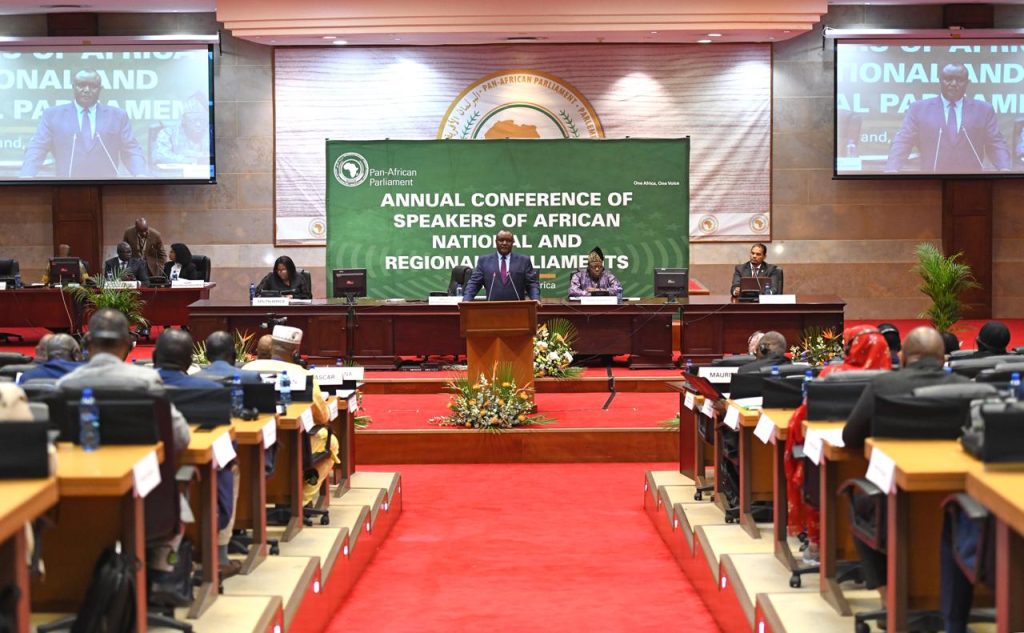Chiraura T. Mapendere
As the world continues to grapple with the lasting impacts of the COVID-19 pandemic, the rise of climate-induced health crises, and renewed debates around sustainable financing for public health, cooperation between global health institutions and legislative bodies has never been more crucial.

In this context, the World Health Organization’s renewed partnership with the Pan-African Parliament marks a defining step toward strengthening Africa’s capacity to achieve universal health coverage, climate resilience, and data-driven governance.
The recently concluded Annual Conference of Speakers of African National and Regional Parliaments, hosted by the PAP at its headquarters in Midrand, Johannesburg, reaffirmed the WHO’s long-standing commitment to advancing public health and legislative collaboration in Africa. WHO’s partnership with PAP dates back to 2009, marking the beginning of formal engagements between the global health body and parliamentary institutions. Between 2012 and 2015, the Inter-Parliamentary Union (IPU), under a WHO mandate passed a landmark resolution aimed at improving the lives of women and children across the continent.
From 2015 to 2017, WHO expanded its engagement with parliaments and regional organizations, including the Africa CDC (for public health), Afrobarometer and the African Peer Review Mechanism (APRM) (for governance and human rights), as well as the State of the African Diaspora (to strengthen diaspora engagement). In May 2017, WHO organized its first-ever Technical Briefing for Parliaments during the World Health Assembly (WHA), emphasizing the importance of parliamentary inclusion in global health governance. By 2024–2025, the Global Forum for Parliamentary Engagement was launched to enhance dialogue and mobilize legislative support within the WHO framework.
The WHO–PAP strategic partnership has yielded tangible results, placing health and well-being at the center of parliamentary agendas, fostering stronger political commitment, and increasing financial investment in health across the African Union (AU). WHO continues to bridge the gap between science and policy, not only through PAP but also through collaborations with the European Parliament, Central American Parliament, Inter-Parliamentary Union, and the Parliamentarians Network for Global Health.
Four key pillars underpin this partnership:
Legislation – Proposing, debating, and adopting health-related laws.
Accountability – Monitoring government commitments and holding them to account.
Advocacy – Representing and advancing the health interests of the people.
Budget Allocation – Ensuring adequate financial resources for national health programs.
At the 2025 Annual Conference, WHO highlighted six priority areas for deeper engagement: global health security, health promotion and well-being, and universal health coverage, along with three cross-cutting themes, pandemic preparedness, sustainable health financing, and climate change resilience. Ultimately, the renewed collaboration seeks to strengthen WHO–Parliamentary dialogue by positioning legislators as champions of sustainable health financing, expanding opportunities for engagement at national, regional, and global levels, and reinforcing trust and cooperation between WHO and legislative bodies in Africa.